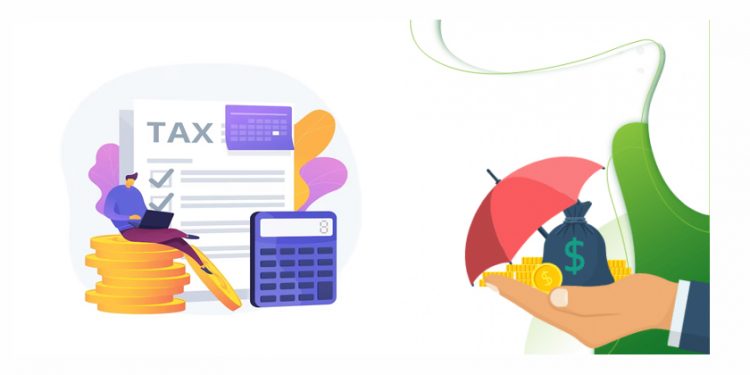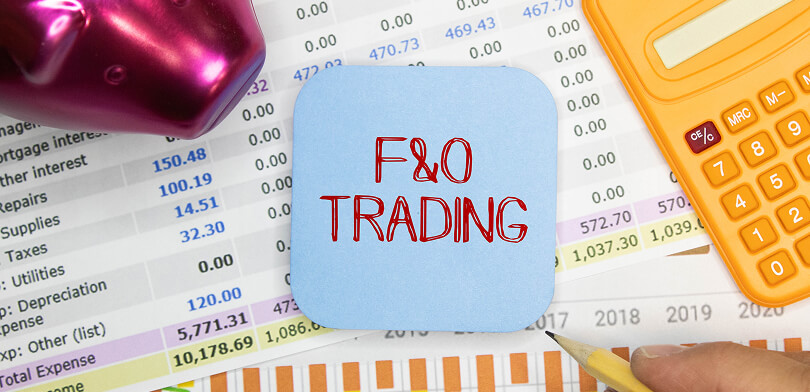- Last Updated: Sep 22,2023 |
- Religare Broking
At present, long term capital gains arising on equity shares and equity mutual funds are exempt from tax. However, any gains from other assets result in capital gains tax. For example, if you sold a property at profit after a period of 3 years, then you are liable to pay long term capital gains tax on this profit. There is another major difference between equity and mutual funds as opposed to other assets. In case of equity and mutual funds, the definition of long term capital gains is any gains that arise beyond a holding period of 1 year. In case of other assets, the definition of long term capital gains stipulates a holding period of 3 years from the date of purchase.
- Benefits under Section 54 of the Income Tax Act
- Section 54EC: Investing capital gains in specified bonds
- Benefits under Section 54F of the Income Tax Act
Topics Covered
Suppose you sold your old property and made a neat capital gain on the sale. Long term capital gains are charged at 20% and even after considering cost of improvement, relevant other expenses and indexation benefit, the capital gains tax can be quite high. Are there ways to avoid paying this long term gains tax? The answer is “Yes”. Let us look at some interesting provisions in the Income Tax Act, which enable you to save on long term capital gains tax by reinvesting in specified assets.
Benefits under Section 54 of the Income Tax Act
Under Section 54 of the Income Tax Act, if you make long term gains from the sale of your property and reinvest the capital gains in another property, then your entire capital gains become exempt from long term capital gains tax. But there are few conditions to remember:
The new property should have been purchased either 1 year before the date of sale of the old property or within 2 years after the date of sale. If you are in constructing a residential house, the period gets extended to 3 years.
The new residential property cannot be transferred for a period of 3 years from the date of purchase and if it is transferred before 3 years, then the entire benefit under Section 54 will be reversed.
The benefit under Section 54 is available to the extent of the amount of capital gains or the value of the new property, whichever is lower.
Investors need to remember that any capital gains not utilized can be held in a specified Capital Gains Account in your bank and it is eligible if it is used within a period of 3 years.
Section 54EC: Investing capital gains in specified bonds
Before embarking on the discussion on 54EC, one needs to understand a subtle difference between Section 54 and Section 54EC. Remember, that Section 54 is applicable when you sell a property and reinvest the long term capital gains in another property. On the contrary, Section 54EC pertains to long term capital gains arising from any taxable asset and being reinvested in specified bonds. Some of the key highlights of Section 54EC are as under
-
Gains arising from the sale of any taxable asset must be reinvested in government specified bonds within a period of 6 months from the date of sale of the asset.
-
These bonds are typically issued by infrastructure companies like REC, NHAI, and IRFC etc.
-
These infrastructure bonds must be held for a minimum period of 3 years and if they are sold before the stipulated 3 years, then you forfeit the entire capital gains tax exemption claimed by you.
-
There is a very important point that needs to be noted. Even if you pledge these infrastructure bonds and take a loan against them, it will be treated as a sale and your capital gains benefit will be forfeited. So be very careful not to pledge your infrastructure bonds and take a loan as it will mean you will have to forfeit your capital gains tax exemption.
Benefits under Section 54F of the Income Tax Act
This is the last benefit that is available and is an extension of Section 54 where you can claim tax benefit by reinvesting in property. But there are two crucial differences between Section 54 and Section 54F that needs to be understood:
Section 54 is applicable when you sell property and reinvest the same in a residential property. Section 54F, on the other hand, is applicable when you sell any taxable asset and reinvest the proceeds in a residential property.
Under Section 54, only the capital gains arising from the sale needs to be reinvested in a residential property. Under Section 54F, the entire proceeds of the sale have to be reinvested in the residential property. In case the entire consideration is not reinvested in the property then only proportionate benefit will be available as capital gains exemption.
There are two additional conditions that need to be remembered in case of Section 54F. In order to qualify for this benefit, an individual must own only one house property on the date of transfer of the asset. Secondly, this is only applicable for property purchased in India and not for properties purchased abroad.
As investors you need to be familiar with these sections so that you can treat your capital gains tax in a more tax efficient manner.
Recommended Read: 10 things you can read from an Equity Mutual Fund Factsheet














